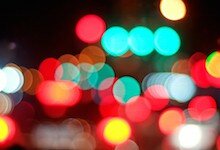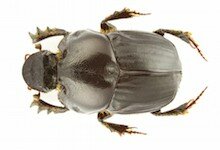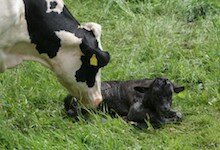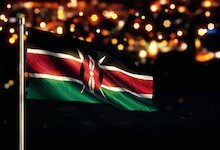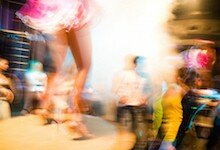Vale Dorothy Porter
“LUCID. What a lovely word. A word that forms a firm shape with the tongue right behind it – but feels full of light and expansion even as one speaks it – or writes it. Its meaning is multifarious – shining, bright, clear, transparent, rational, sane, leading to perception and understanding. For me it also means a kind of carefully, even lovingly, chosen language where the light shines through – and in. An illumination . . . ” – Dorothy Porter
Dorothy Porter’s evocation of the ‘lucidity’ she prized in poetry is an equally fitting evocation not simply of her own work but of how Dot was in the day-to-day, in conversation and correspondence, and in that most precious of gifts, in friendship. Shining. Loving. Illuminating.
There was an urgency to Dot, a tireless energy and passion for life as much for language, a bright and rational light that opened up the mundane and half-said, an optimism and creativity that made anything seem possible. Poetry as a popular art form? Poetry as commercially viable? Poetry as a career? In Australia!? Where most others, especially poets, would grumble and guffaw at such possibilities, Dot just went ahead and did it, tenacious, openhearted and straight-talking all the way.
In her work, she was a risk-taker and groundbreaker for the popularisation of the verse-novel form, and for poetry more generally. She made poetry popular in Australia in a way it had never been before. Dot’s performances of her work are legendary in and outside Australia, but what is sometimes overlooked is that the key to her work was not the act of performance but communication. Her poetry could speak to anyone, could reveal the common passions and fears binding us and navigate the darker regions of the heart and mind. She was not afraid to speak plainly, to be comprehensible, to communicate. Like Dante in his time, Porter brought a similar blast of the demotic to bear on the pretensions and hypocrisies of her own postmodern times and its poetry.
Her work is filled with the voices of and a compassion for the dispossessed, the underdog and the lost, personified in the figures of Francis Webb and the Eternity Man, Arthur Stace, while her best work, such as Akhenaten and The Monkey's Mask, revels in the sensuality and fecundity of life, making from poetry a visceral experience. Her voice was pared back by the intensity of the spirits it carried, the spirits that formed it, able to slice deeply through denial and deceit to the drives and desires which the act of being, at its worst and best, draws on. Her work, like her life, was illuminated by an abundant love and optimism in the human, the natural and the lived, the sensual and the experiential.
As a friend she was infinitely generous, bringing to friendship the same clarity, fearlessness and precision as she did to her poetry. Her death is a terrible loss to Australian poetry and an immeasurable loss to those who loved her. Australian poetry seems now less bright, less alive, less overfull of possibility in comparison to when she was here edging poetry along beyond its comfort zones with her hunger and joy, sharing relentlessly in the flawed abundance of the world and of language, with her fiery, confident humour and boundless heart.
Deeply loved, she is also deeply missed.


